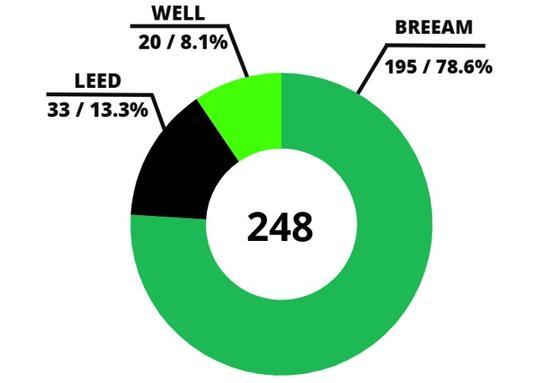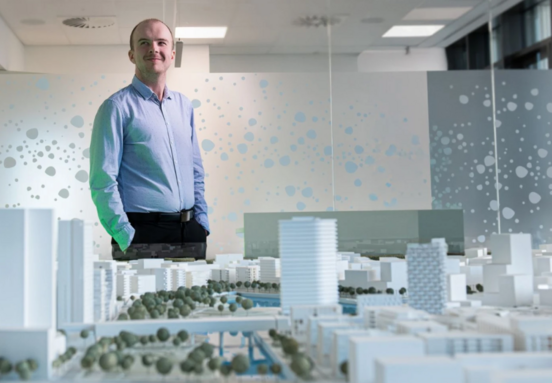This is confirmed, for example, by Anu Madgavkarová, a partner at McKinsey Global Institute. As she told the BBC server, around 50 to 60 percent of work across different positions only needs to be done at a specific time in a specific place.
The hybrid model of work requires investment
Companies that adopt the hybrid operating model must count on the investments that will be associated with this change. For example, the cost of cybersecurity will increase. A hybrid model of how companies operate is sometimes described as a "hacker's dream." A significant number of employees regularly connect to the company network remotely and from various devices, which increases the risk of someone being "injected" into the company. That hackers are well aware of this opportunity was also seen in the spring of last year, when companies around the world began moving at least some employees to the home office. According to estimates by the World Economic Forum, the number of cyberattacks subsequently increased by 238 percent year on year.
In addition, companies will often have to invest in the home workplaces of their employees. Already last year, some companies contributed to people's desks, chairs or computers, or offset the increased costs of telephoning that employees incurred with moving to a home office. For example, the Indeed job portal contributed a one-time $ 500 to home work equipment, and Twitter and Shopify even paid their people twice as much. According to a study by Aon last year, a total of a fifth of the 1,400 U.S. companies surveyed contributed to their home work equipment in some way.
Of course, these additional costs can be offset by reducing the area of offices that companies use. But even this saving can bring with it initially less visible, but even more dangerous negative effects. Many people will lose their permanent job and will have to share it with colleagues, which can cause tension in the team. According to scientists, the inability to have one's own job can lead to reduced productivity for some people.
Will pay injustice increase?
A hybrid model of operation can also have an unpleasant effect on the level of cooperation in the work team. According to a study of around 12,000 employees in the United States, Germany and India, people who felt less socially connected to their colleagues during a pandemic were also less productive in tasks that required working together. A total of 73 to 80 percent of people in this group said they were less productive than in pre-ancestral times.
Another threat is a possible increase in injustice in the evaluation of individual employees. Managers in leadership positions subconsciously tend to believe that people working from home are less efficient than those sitting in offices. One such study by researchers at the Stanford Graduate School of Business, published in 2015, proved that such a prejudice was unfounded.
According to her, employees of a Chinese company working from home were 13 percent more productive than their colleagues in offices, but they were still promoted by about half less often. According to scientists, this was done for two main reasons. On the one hand, they did not form such relationships with their bosses as office colleagues, and on the other hand, they did not have the opportunity to prove their abilities with their own eyes. Employees sitting in offices, on the other hand, climb the job ladder much faster and higher, even if they often do not do nearly as good a job. According to psychologists, this is due to the fact that in remote employees, the boss sees only the result of work, and not the effort they gave her. While he is willing to forgive even harder work for office workers, because he saw with his own eyes that they were doing the task.
Employees seem to be aware of this themselves - in the UK, for example, 54 per cent of respondents said last year they felt an internal pressure to work in an office, even though management advised them to stay home.
Working from home is exhausting
According to experts, working from home has the advantage that people organize their day better and, for example, the stress of a long commute to work is reduced. But as the pandemic experience shows, home office employees often worked harder and longer than before in the office. According to a British study, people spent 30 minutes more working from home each day than in pre-pandemic times.
And as one study conducted by Microsoft in collaboration with experts from the IDEA think tank showed, a total of 39 percent of people around the world felt exhausted at the end of the working day at home office. In the Czech Republic, this figure was even worse - 52 percent of employees working from home felt exhaustion at the end of the day.







